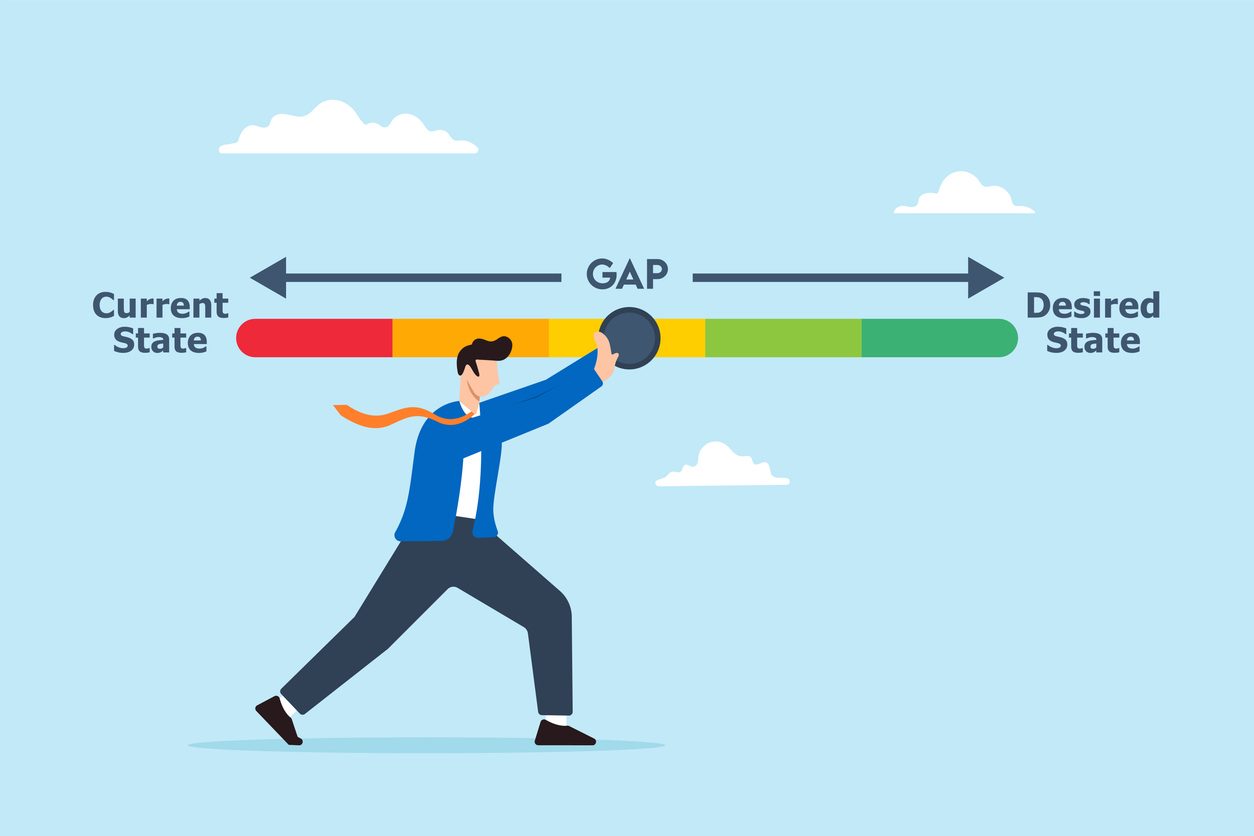Nearly 62% of workers surveyed by LinkedIn—a sample of over 23,000 employees—said they had taken a professional break at some point. Furthermore, 35% of respondents indicated that they would be open to taking a break from their careers in the future. A professional gap need not be a catastrophic dent in your career trajectory.
This blog delves into some effective strategies to frame your career gap in a positive light.
Tips to Highlight Career Gaps in a Positive Light
Prepare to share
Entering an interview hoping the interviewer won't mention your career gap(s) is a mistake. It's crucial to plan and prepare. Anticipate questions about your gap and have your responses ready to avoid getting nervous. Preparing in advance helps you gain confidence, which can make all the difference. Focus on what you want the hiring manager to know about you, starting with the key takeaways from your break rather than a detailed timeline. Your cover letter might have touched on this, so don't be surprised if the hiring manager asks for more details. Think about how you'll frame your career gap before the interview to steer the conversation positively and stay in control.
Remain optimistic
Why not make the most of a professional break that may represent something positive? Emphasize any time you took away from your profession to volunteer or acquire new abilities. Talk about how taking this time off has helped you achieve personal and professional goals. If you completed an unpaid internship, talk about the advantages you gained. Even if the knowledge you acquired was unrelated to your field or sector, you might have acquired fresh insights and soft skills for your new role.
Proactively address any objections
After providing a positive explanation of your gap, anticipate any questions the hiring manager could still have. If they question your obsolete skills, you can emphasize that you are a quick learner and have kept up with the most recent advancements in the industry. If you suspect they are doubting your continuous interest and devotion to the industry, you can reiterate your passion for the work role and your desire to resume your career. Actively responding to questions and proactively anticipating common objections make you look self-aware in front of hiring managers.
Share why you can be successful in this position
Explain to the interviewer why you would be a great fit for this role after your gap. Describe how your break makes you an even more competitive applicant. For example, you could say, "My soft skills of empathy and adaptability, which I honed over my time away, complement my marketing abilities. I'm thrilled to apply this skill set to the position of marketing manager." Draw attention to how your diverse background allows you to bring new ideas to the team.
Final Thoughts
Career gaps are seldom negative. They are often transformative or healthy periods in professionals’ lives. So, when sitting for an interview, prepare to discuss your gap positively, focusing on skills gained and personal growth achieved. Address any concerns proactively and positively without hesitation or agitation. Finally, explain why you're a great fit, highlighting your unique insights and readiness to contribute to the role.




